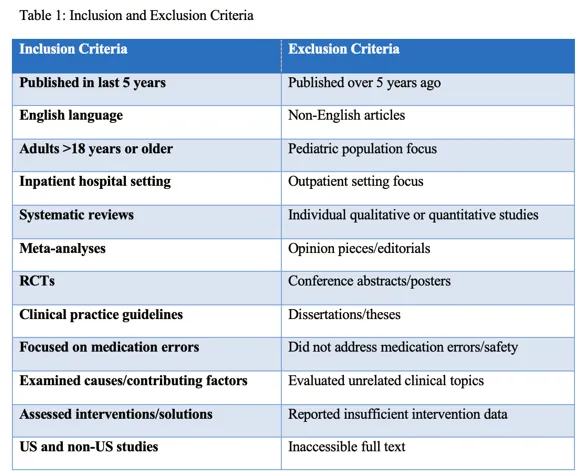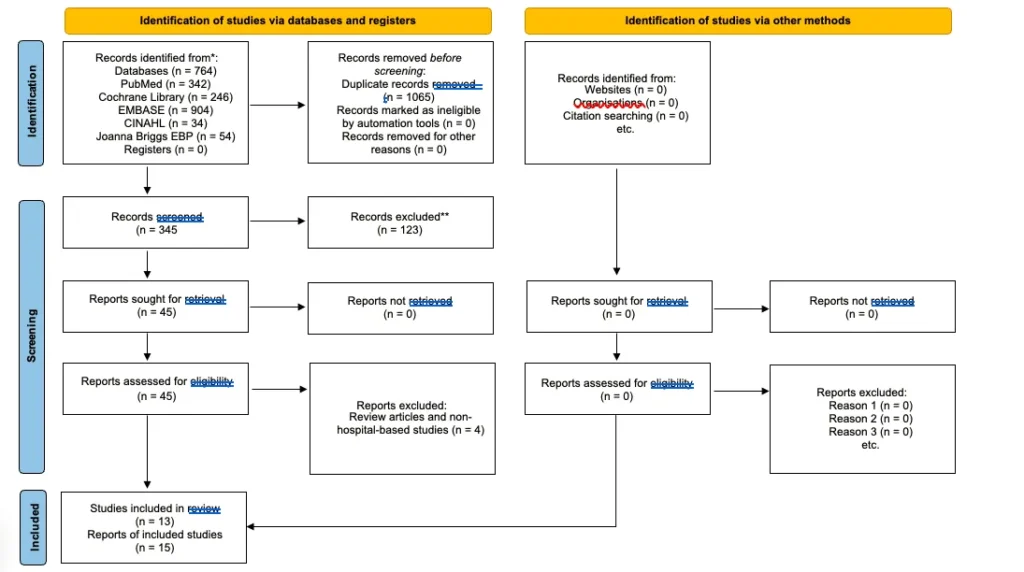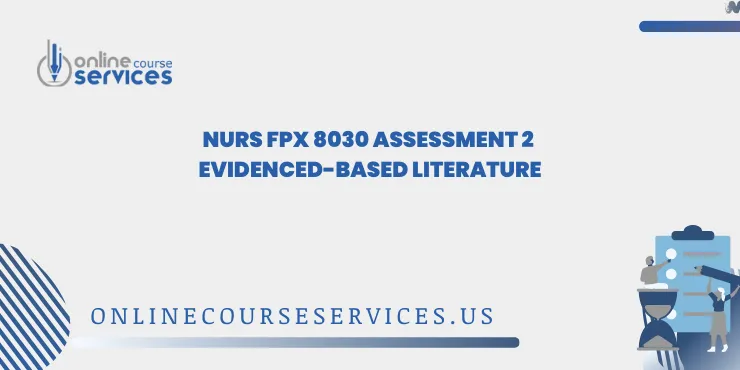- NURS FPX 8030 Assessment 2 Evidence-Based Literature.
Evidence-Based Literature: Search and Organization
After that, the literature review and study must be guided by facts and aim to find ways to make drugs safer (Geerts et al., 2020). Combining the latest scientific research on the best ways to reduce drug mistakes will help us devise modifications to our systems that will substantially impact our business.
Patient Concern, PICO(T) Inquiry, and Supporting Literature
Medicine mistakes present a substantial and frequent danger to patient well-being. Every year, many unfavorable drug incidents injure patients in medical environments (Mulac, 2022). From the data we have now, it is obvious that we need to improve systems methods to reduce the likelihood of drug errors and the troubles they bring to patients.
The PICOT question:
Suppose nurses (P) use a Comprehensive Safety Guidelines over medication security (I) instead of standard medication procedures (C). Do they report fewer medicinal mistakes (O) for 12 weeks (T)?
A focused review of the current scientific research was conducted to identify gaps and repetitive issues causing so many drug errors in hospitals. The inquiries in Medline and CINAHL (Piña et al., 2020) revealed that 30% of drug orders have errors. According to Gaspar et al. (2023), medication errors occur in up to two-thirds of hospitalized patients, increasing hospitalization costs by as much as $9000.
Search Strategy for Best Evidence
Studies about medication errors and treatment in the emergency department for adults were included and excluded using strict criteria. After removing the duplicates, the first hits were screened for relevance based on the title and abstract. This identified 45 possible articles for full-text assessment. Eight studies were, however, included as they helped us determine the practical implications, underlying causes, and evidence-based solutions for drug safety vulnerabilities. Manual reference checks were also conducted to ensure that there was adequate reading.
Databases and Keywords
Five sources were accessed for an extensive search. The main terms used for the searches were “medication error,” “medicine safety,” or “pharmaceutical stability, and supplementary categories employed were “adulthood,” and published in the last five years. Therefore, the search led to 261 items in PubMed, 139 results in Cochrane, 402 in EMBASE, 36 in CINAHL, and 58 in Joanna Briggs. After taking out review papers and reports that were not done in the hospital, there were just 172 papers left. Further quality reviews were done by hand on the links, but no more applicable sources were found. Search tactics used drug mistakes linked to assertive words, and numerous repositories and programs made sure the best proof on the subject.
Inclusion and Exclusion Criteria

The 15 retained studies focus on the effectiveness of resulting evidence-based approaches. Some of these are pharmacy-led reunification processes, scanning barcode technology, automated medication dispensing cabinets, collaborative pharmacist-physician care meetups, Electronic Medical Record (EMR) tools for decision assistance, IV doses, and precise point-dependent security culture (Piña et al., 2020).
Conclusion
This systematic research and appraisal of research resulted in 15 powerful systematic reviews and meta-analyses demonstrating how evidence-based approaches can dramatically improve the safety of hospital medications. This new study provides a firm foundation for offering recommendations on how to do things differently concerning key drug resolution strategies, improved teamwork, creating a culture of safety, and deploying superior medical data systems.
References
Gaspar, K., Croes, R., Misja Mikkers, & Koolman, X. (2023). Length of hospital stays and financial incentives: Evidence from Dutch rehabilitation centers. The European Journal of Health Economics.
https://doi.org/10.1007/s10198-023-01615-5
Geerts, J. M., Goodall, A. H., & Agius, S. (2020). Evidence-based leadership development for physicians: A systematic literature review. Social Science & Medicine, 246.
https://doi.org/10.1016/j.socscimed.2019.112709
Mulac, A. (2022). Medication errors in hospitals: Exploring medication safety through incident reports and practice observation. Duo.uio.no.
http://hdl.handle.net/10852/93260
Piña, I. L., Di Palo, K. E., Brown, M. T., Choudhry, N. K., Cvengros, J., Whalen, D., Whitsel, L. P., & Johnson, J. (2020). Medication adherence: Importance, issues, and policy: A policy statement from the American Heart Association. Progress in Cardiovascular Diseases, 64.
https://doi.org/10.1016/j.pcad.2020.08.003
Appendix


